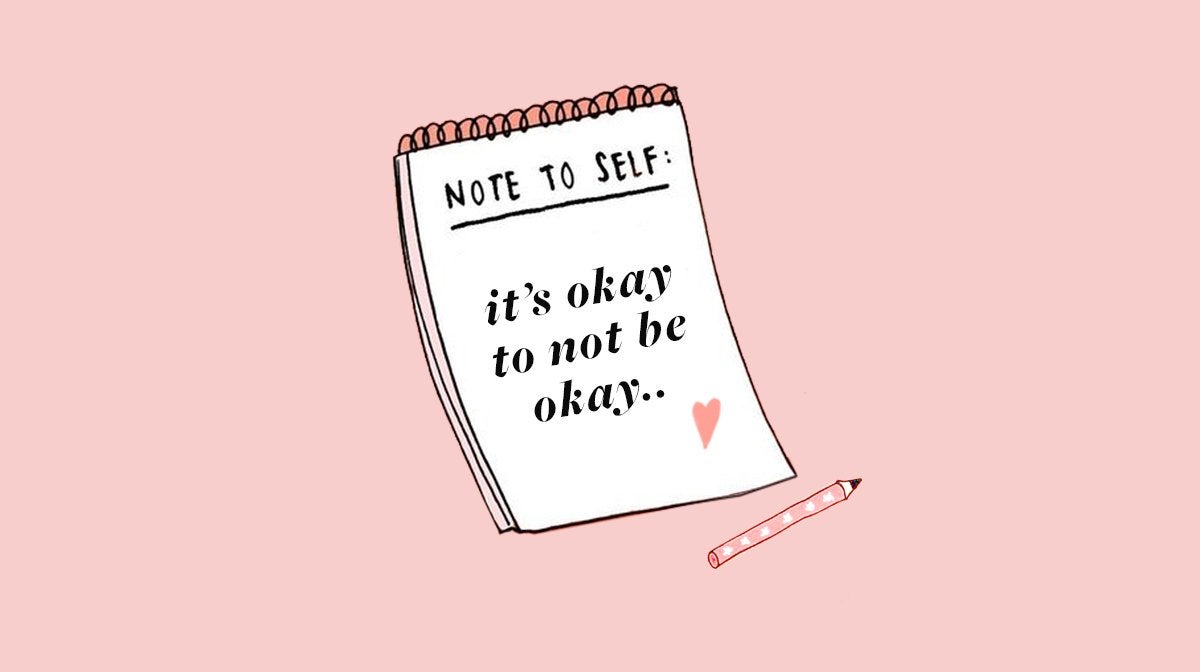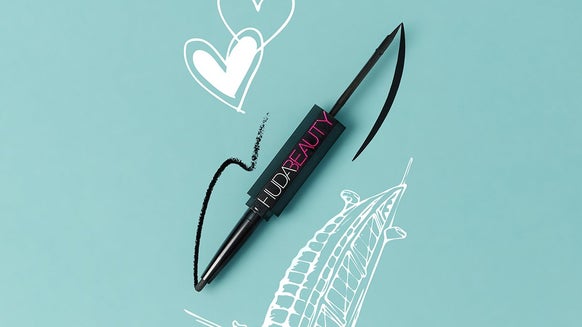#nofilter: Free Mental Health Helplines In The UK

Text Someone At Shout
How Does It Work?
You can then
Who Is It For?
Call Someone At Samaritans
How Does It Work?
There are four main ways to get in touch with Samaritans. You can call, email, send a letter or visit a branch.
Call: Phone 116 123 any time of day for free to chat to a volunteer. They will listen as you voice your concerns and help you to explore how you’re feeling. Don’t worry, they won’t judge, share their opinions or offer advice . They’ll just listen and help you through your crisis. When you phone, you should get through to a volunteer immediately. Oh, and the volunteer won’t be able to see your number and the call won’t appear on your phone bill.Email: Send a message to jo@samaritans.org and a volunteer will get back to you in 24 hours. Again, your email address will be hidden, so you should feel free to write down your feelings and speak openly.Write: You can post a letter for free and a volunteer will get back to you within 7 days. You just need to send it to Freepost RSRB-KKBY-CYJK, Chris, PO Box 9090, STIRLING FK8 2SA. If you want a response, you’ll need to share your home address, though they will shred your letter when they reply to it to protect your identity.Visit a branch: Due to the current coronavirus situation, your local Samaritan branch may be closed. You can check the latest updates on that here.
Who Is This Service For?
If you ever think that your problem is too small to be worth troubling Samaritan about, immediately dismiss that thought. If something is getting to you, then they are here for you, whether that be financial worries, stress, loss, loneliness, depression, relationship problems, heavy drinking, drug use, suicidal thoughts or more. You just need to reach out to a free mental health helpline.
Getting Help In Scotland With Breathing Space
How Do I Get In Touch?
Who Can Use This Service ?
If you’re over 16, struggling with your mental health, and your family, friends or GP are unavailable or unable to help, then you should feel free to call their helpline.
C.A.L.L. Offers Community Advice And A Listening Line
What Services Are Available?
Phoneline: If you want to talk to someone about your mental health, you can call 0800 132 737 any time, any day. An advisor will listen to your concerns and offer guidance on where to find further help. Text Messaging Service: If you are concerned about your own or someone else’s mental health and need the number of a charity or counselling agency, you can text ‘HELP’ followed by the service you need to 81066. A C.A.L.L worker will then text you back about the services that are relevant to your request and available to you in Wales.
Who Can Use These Services?
Anyone can contact C.A.L.L. However, you will need your parent’s or guardian’s consent if you are under 16.
All of
#nofilter
Since the start of 2020, we’ve been openly talking about issues that women face every day








